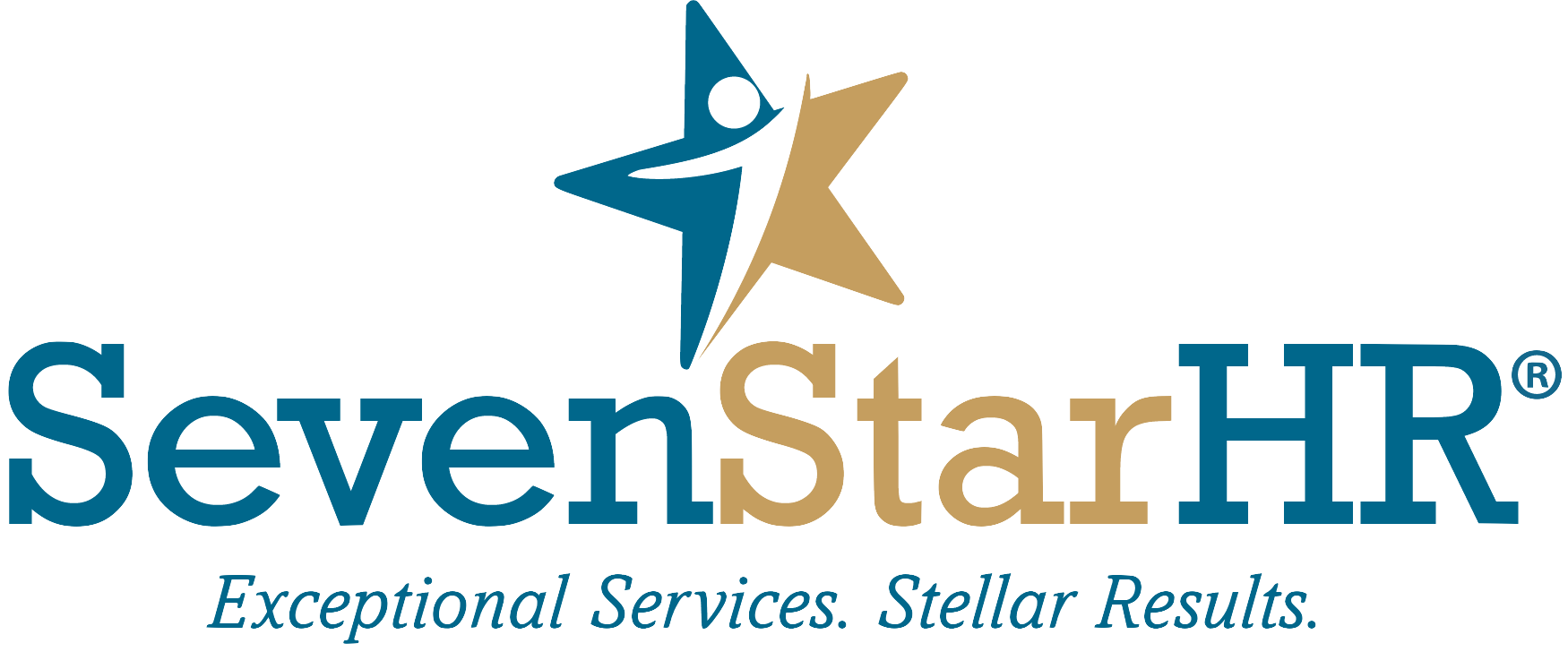New Guidance on FMLA Leave and Mental Health
The last couple of years has taught us that mental health is just as important as physical health, especially in the workplace. As building a mental health-friendly workplace is now a priority for employers and employees alike, ensuring that eligible employees can access protected FMLA leave for mental health reasons is a big step in the right direction.
The U.S. Department of Labor (DOL) recently announced new Family and Medical Leave Act (FMLA) Guidance. Fact Sheet #280 explains when eligible employees of covered employers may take FMLA leave to address mental health conditions. In addition, new Frequently Asked Questions (FAQs) provide various scenarios that employers and employees could face, explaining the potential applications of the FMLA when mental health conditions occur.
While reiterating that an employee is entitled to job-protected leave for their own mental health condition, the guidance also offers clarification for when an employee may take FMLA leave to care for a family member dealing with a serious mental health condition.
The DOL offers several examples of FMLA-triggering situations, including:
Leave needed on a continuous basis when the employee requires “in-patient care”
Leave on an intermittent basis when the employee needs “continuing treatment by a health care provider,” to attend physician’s appointments, behavioral therapy appointments, or psychotherapy sessions.
Attending a family counseling session for a spouse who is in an inpatient treatment program for substance use.
Providing care for a spouse, child, or parent who is unable to work or perform other regular daily activities because of a mental health condition.
Providing care for an adult child in need of care because of a serious health condition, if the individual is incapable of self-care because of a mental or physical disability.
Caring for a service member. When caring for a military member, qualified employees are entitled to up to 26 weeks of job-protected leave.
To comply with the guidance, advise your managers and HR professionals on the potential application of the FMLA when an employee, or their family member, is dealing with the challenges of a mental health condition.

